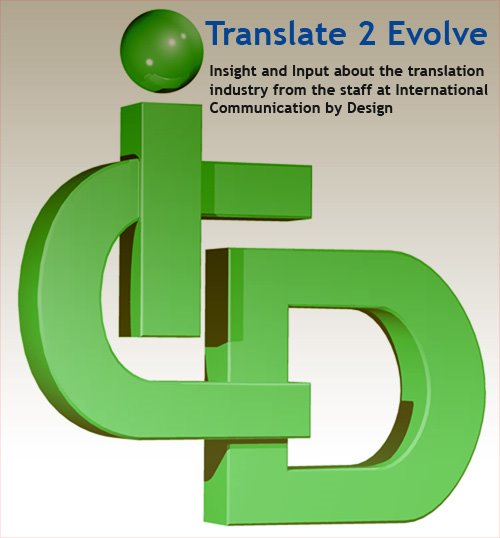During lunch today, my colleagues and I had a discussion about the end of printed materials. Will magazine printing and book publications finally come to an end? Will we stop reading printed copies of newspapers? Well, almost every publication has an online subscription, and most major news organizations have reports and videos on the web. It's a natural progression from print media to online reading or viewing. I used to get subscriptions for auto magazines (yes, I'm a big car geek), but now I just read blogs and edmunds.com for the latest news. Occasionally, I would print an article or two if I wanted to read it at the gym, or if I have to wait in line at the DMV (hell on earth). I think it's safe to say that printed publications may come to an end in the near future, but what does that mean for translated content?
Many websites are translated, and most marketing content that appears on the web is translated. As the print media slowly dies off, the shift to web based formats will see steady birth rate. This will change the game for translation companies as they have to adapt to on-demand or live translations as content gets updated frequently, and there is no boundary to the 24 hour news cycle. Some companies have employed machine translations that are linked to an existing term base to generate professionally translated terms and ensure a certain level of consistency. It may work for smaller volumes of non-scientific or non-mechanical content, but the lack of a human translator in those fields will cause major terminology errors. The resulting effect will devastate a clients reputation. The move to CMS and database driven websites eases the translation and localization process, but a 24hour on-call human translator is still a few years away. The hybrid alternative is having a machine translation do most of the work, and a translator or editor review and edit the content. This is a little time consuming, but it will have a better result than purely relying on machine translations.
Only time will tell how far we move away from print media, and how much of the internet will consume us all. In the mean time, translation companies are starting to adopt online management tools to handle content. Server based technology has come along way with XML content and DITA constantly evolving, we might have a shot at a purely online world.

No comments:
Post a Comment